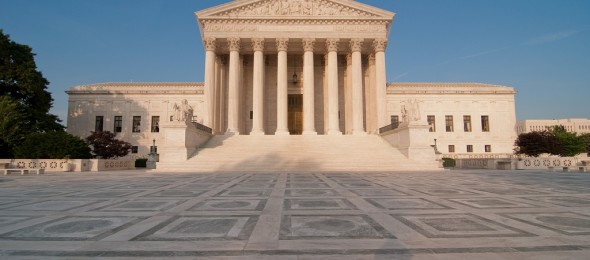David S. Schwartz, Foley & Lardner Bascom Professor of Law at the University of Wisconsin Law School, has published “Justice Scalia’s Jiggery-Pokery in Federal Arbitration Law,” Minnesota Law Review, Vol. 101, Headnotes 75 (2016); Univ. of Wisconsin Legal Studies Research Paper No. 1387. In his journal article, Professor Schwartz examines the late United States Supreme Court Justice Antonin Scalia’s impact on federal arbitration law.
Here is the abstract:
“Jiggery-pokery,” a phrase introduced into the U.S. Reports by the late Justice Scalia, is emblematic of Justice Scalia’s style — both his lively writing style and his penchant for criticizing his colleagues for judicial practices in which he frequently indulged himself. Though less well-known than his opinions in constitutional or administrative law, Justice Scalia’s contribution to federal arbitration law is a prime example of his own jiggery-pokery in statutory interpretation. Federal arbitration law comprises the largely judge-made doctrine under the aegis of interpreting and applying the 1925 Federal Arbitration Act (“FAA”). Justice Scalia’s impact in this area boils down to three recent and significant 5-4 majority opinions issued between 2010 and 2013. The purpose and effect of these decisions has been to winkle unconscionability doctrine out of the law of arbitration contracts, and to establish, at least for now, a legal regime in which arbitration clauses can be used by corporate defendants to immunize themselves from class actions. These decisions display reasoning that casts aside both doctrinal fidelity and logic to reach a desired result.
This and other research papers written by Professor Schwartz may be downloaded free of charge from the Social Science Research Network.
Photo credit: Mark Fischer via Foter.com / CC BY-SA














